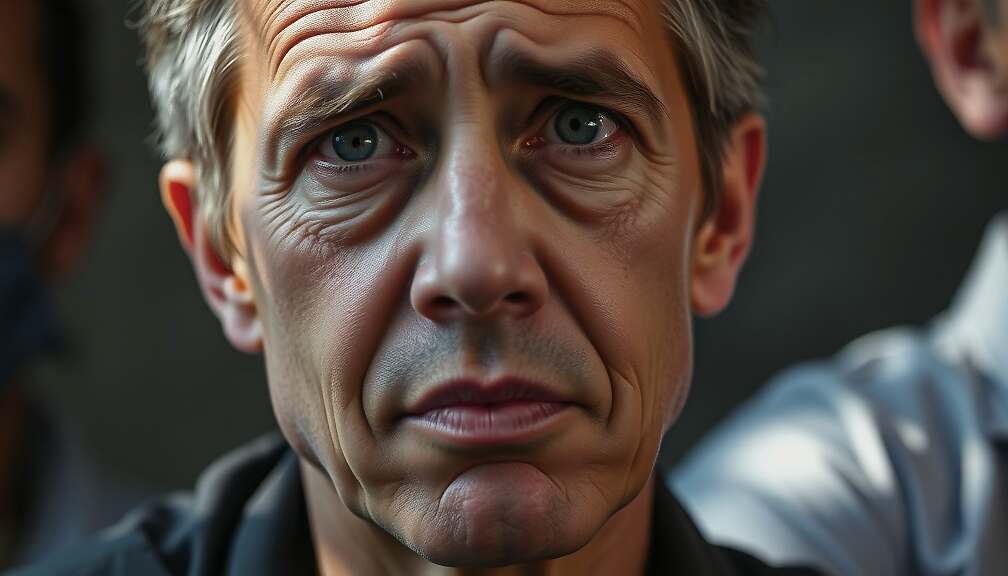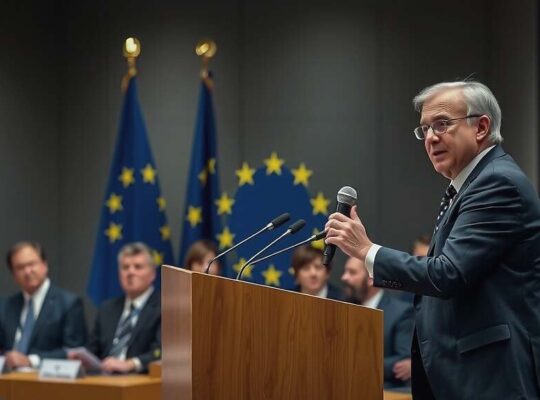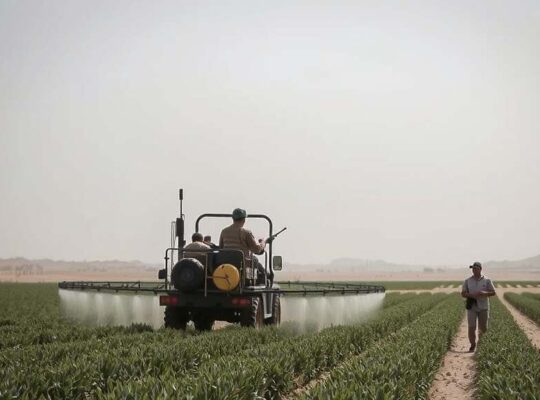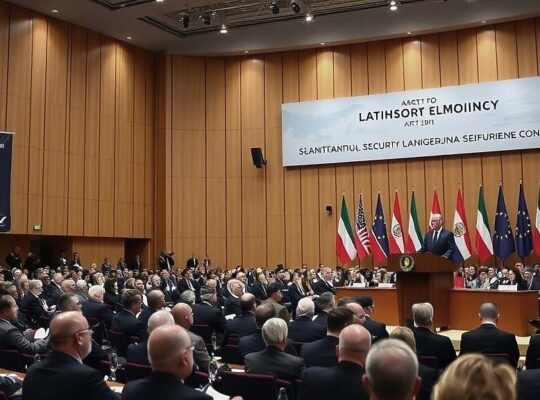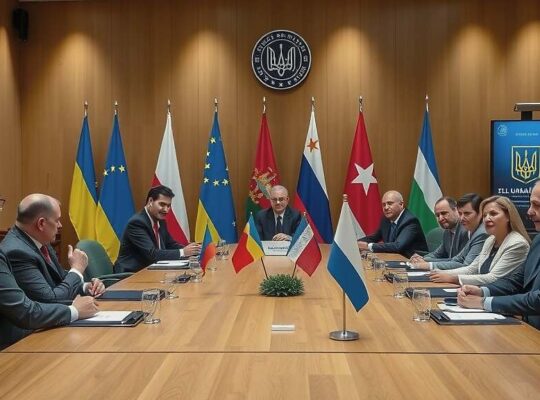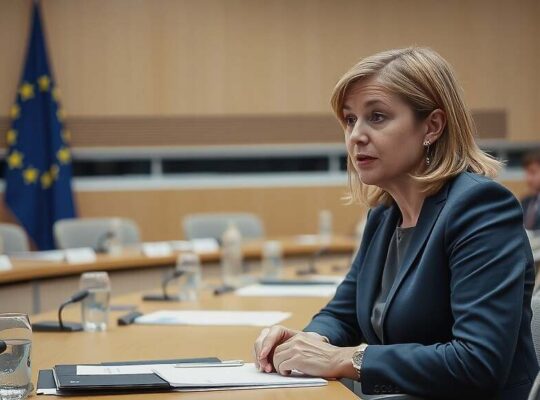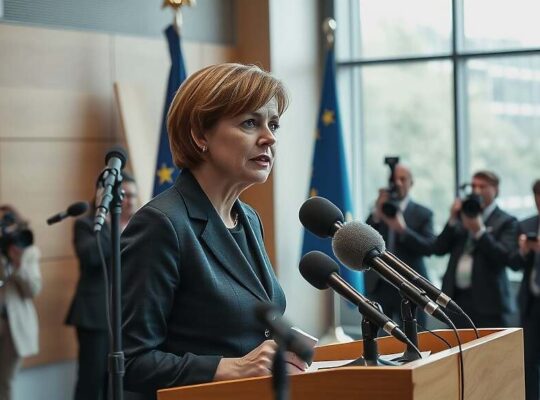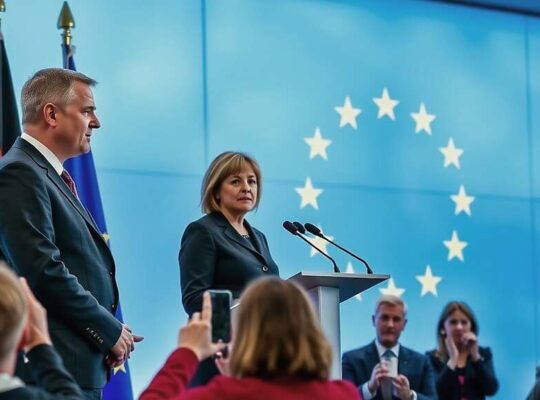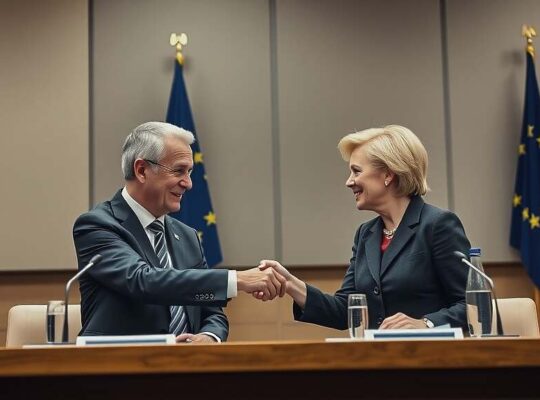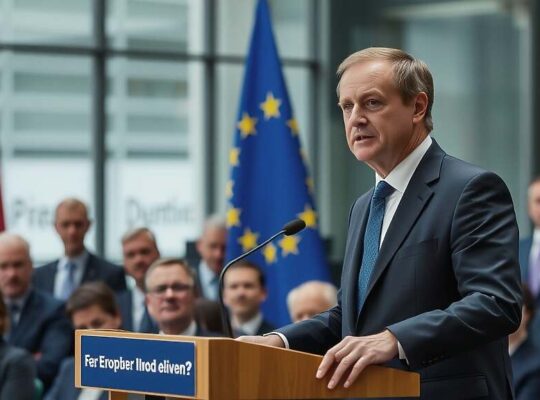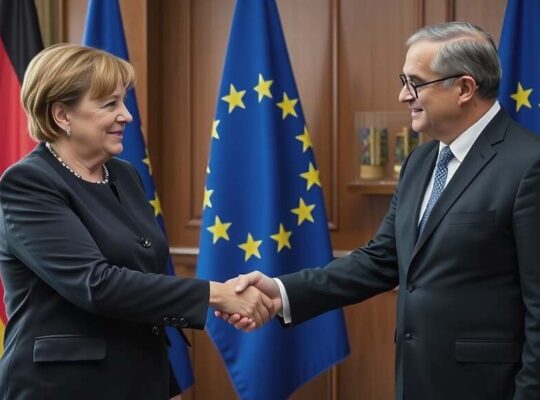Following the recent EU-China summit, several German politicians are raising concerns regarding Europe’s potential over-reliance on China for vital raw materials. Franziska Brantner, leader of the Green Party, cautioned in an interview with the “Rheinische Post” newspaper that Europe cannot afford naivete regarding China’s control over rare earth elements.
Brantner, formerly a parliamentary state secretary at the Federal Ministry for Economic Affairs and Climate Action, emphasized that Beijing strategically leverages its influence over global supply chains to advance its interests, often through control of critical raw materials. She warned that a lack of protection in this area could pose significant risks to European industries.
“A shared European response is essential” Brantner stated, advocating for the recovery of strategic autonomy, diversification of supply chains and the expansion of European capabilities for recycling and processing rare earth elements and other critical resources. She emphasized that a fair partnership with China can only exist if international rules are adhered to, ensuring an even playing field rather than susceptibility to coercion.
Furthermore, Brantner stressed the need for backing from Berlin to enable Brussels to pursue clear, resilient and competitive policies.
CDU politician and foreign policy expert Norbert Röttgen echoed these concerns. He highlighted that China is simultaneously offloading internal production overcapacities through inexpensive exports to Europe, while simultaneously deploying economic power for geopolitical objectives.
Röttgen warned that Europe must anticipate that dependencies on raw materials, particularly rare earth elements, could be exploited in conflict situations. He urged a systematic reduction of these dependencies and lauded initial steps taken by the European Commission. He added that reducing dependencies will require prioritizing the exploration and development of new deposits within Europe.


